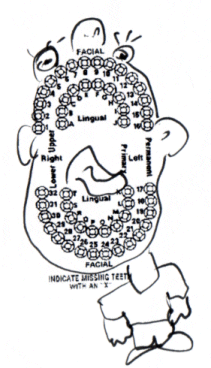2007.01.31
Passage of the Moment
Look at life from our perspective, and you eukaryotes will soon cease giving yourself such airs. You bipedal apes, you stump-tailed tree-shrews, you desiccated lobe-fins, you vertebrated worms, you Hoxed-up sponges, you newcomers on the block, you eukaryotes, you barely distinguishable congregations of a monotonously narrow parish, you are little more than fancy froth on the surface of bacterial life. Why, the cells that build you are themselves colonies of bacteria, replaying the same old tricks we bacteria discovered a billion years ago. We were here before you arrived, and we shall be here after you are gone.(Eukaryotes are organisms made up of one or more complex cells; all animals, plants, fungi, etc are eukaryotes.)
The entire book is a biological riff off of "The Canterbury Tales", with the story of various other species and how they've evolved in myriad and marvelous ways. It's a time-reversed pilgrimage, each tale coming at the point where we have a common ancestor with them.
He admits that focusing on the evolutionary path of humans is a bit biased, certainly not justified in terms of biomass (he quotes Robert May: "to a first approximation all species are insects", though I think you'd have to qualify that a bit, at least to limit it to animals...) and misleading in the sense that thinking of humans at some kind of peak of evolution is incorrect.
Doodle of the Moment

| --In decluttering I found this doodle-riff from a dental diagram ("indicate missing teeth"? Ugh!) I vaguely remember making years ago |
